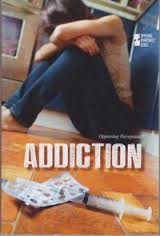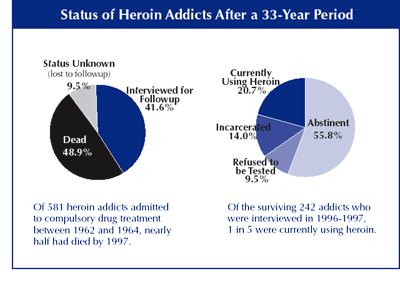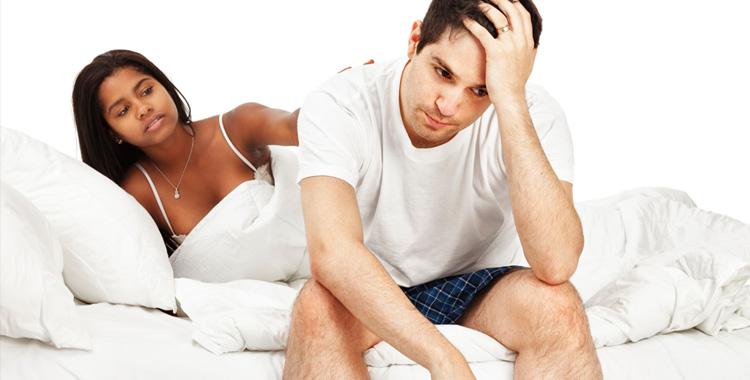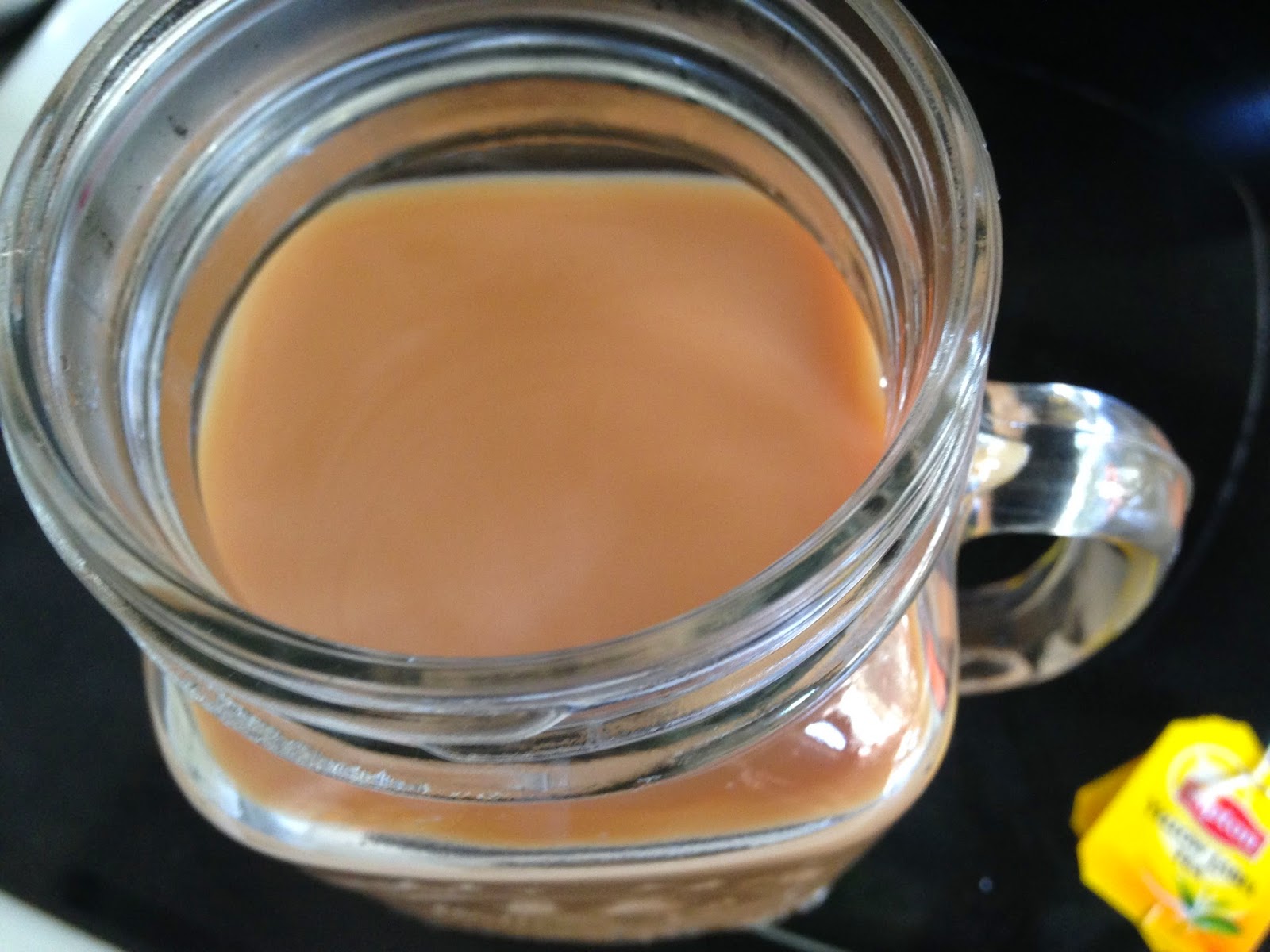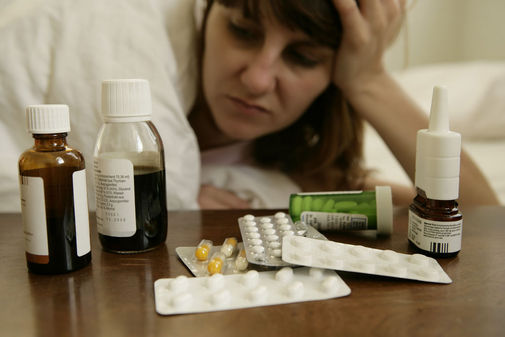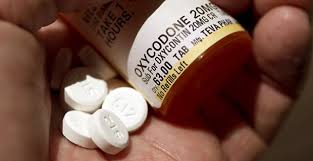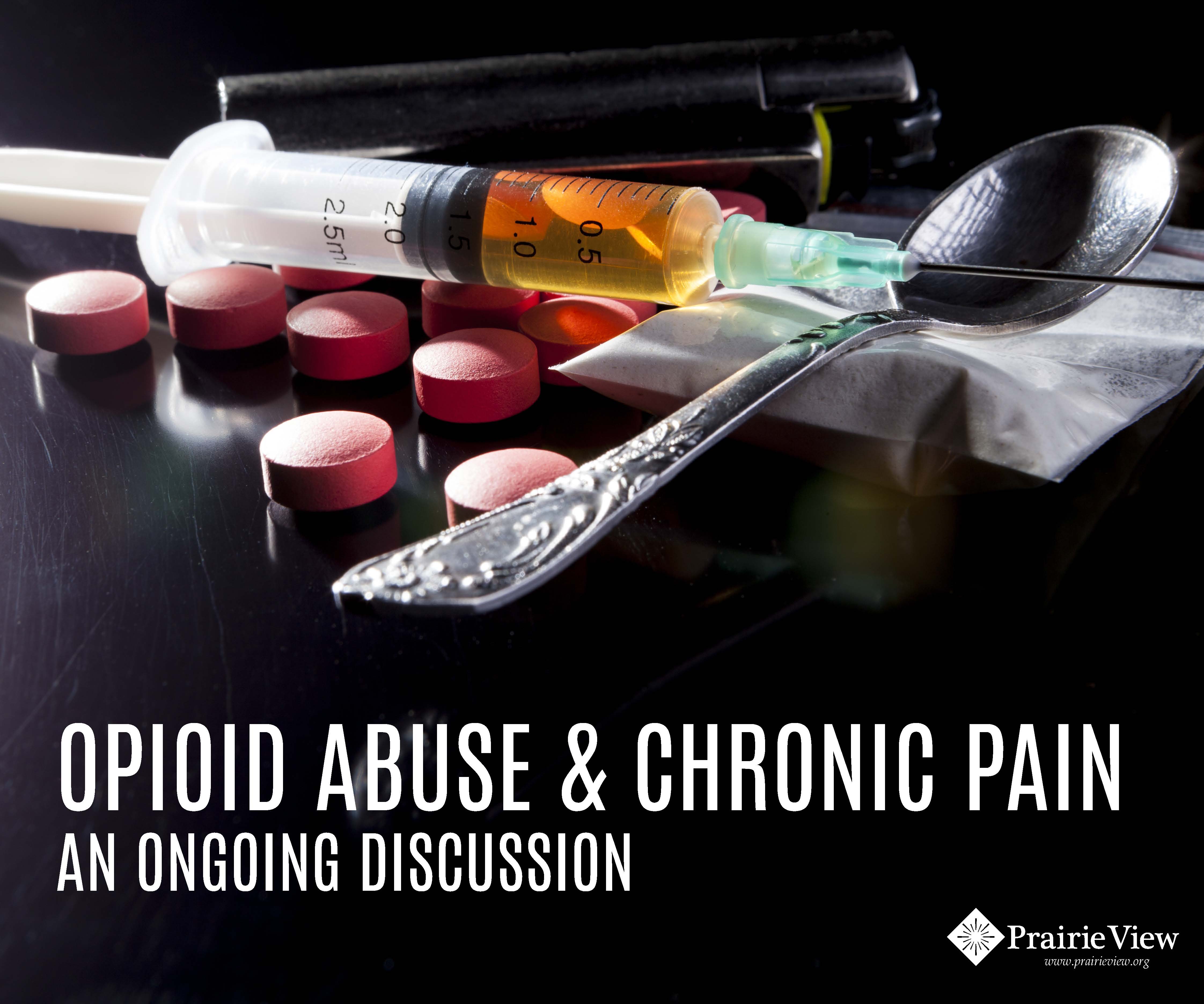Depressing pain impediments
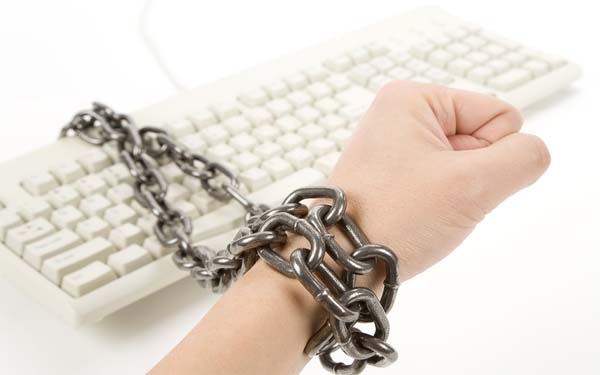
Depressing pain impediments is like a chain that holds you down and cause everything around you to stop
Depressing pain impediments: Chronic pain and depression
Understanding depressing pain impediments is worthy of every ones attention. If this does not concern you for whatever reasons, something is not right. People who are struggling with both chronic pain and depression will tell you that such are pain that you would not wish for your enemies. Nonetheless, it will interest you to note that depression is a common psychological issue facing people who are suffering from chronic pain. This problem if not addressed timely can really complicates the patient’s conditions and treatment. The most worrying thing is that prevalence of these problems is escalating on a daily basis. Like for instance according to the American Pain Foundation, they have registered that about 32 million people in the U.S. alone have had pain lasting longer than one year. And about one quarter to more than half of all the population that complain to their doctors registering depression. And on average up to 65% of those depressed individuals are also complaining of pain and yet again those people whose pain limits their independence are especially likely to get depressed. These statistics are a reflection of how depression and pain are a serious threat globally. It has now become an epidemic that must be addressed from all quarters if we want to enjoy comfort in life.
Depressing pain impediments: Is there a cycle of depression and pain?
One would not be punished for saying that pain is a trigger of depression. In fact it has been established from various studies that pain can provoke an emotional response in everyone. Like for instance if you are struggling with some pain, you may also have high anxiety, irritability, and agitation. These are very normal accompaniment feelings when you are hurting. Even though this is so, the good news about all this process or relations is that under normal circumstances, as pain subsides, so does the stressful response. However with chronic pain, you are likely to constantly feel tense and stressed. That is to say, with time, the constant stress can result in different emotional problems associated with depression. And according to doctor Dalal Akoury MD a veteran addiction expert and founder of AWAREmed Health and Wellness Resource Center, if you are suffering from these chronic pains and depression, it is possible that behind such feelings, you are likely to experience some of the following problems: Altered mood, work issues, fatigue, physical deconditioning, financial concerns, chronic anxiety, weigh gain or weight loss, anger, social sleep disturbances, isolation, legal issues, confused thinking, family stress, reduced sexual activities, fear of injury, decreased self-esteem and irritability.
Finally, looking at the list above, it is obvious these are not health experiences one should go through. You can therefore make wise decisions today to be safe from all these by scheduling an appointment with doctor Akoury for a one on one professional advice and treatment that will help you have your life reinstated to normalcy.
Depressing pain impediments: Chronic pain and depression
http://regenerativepotential.com/wp-admin

